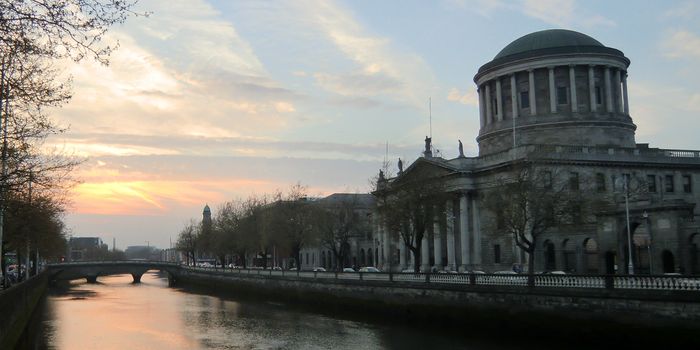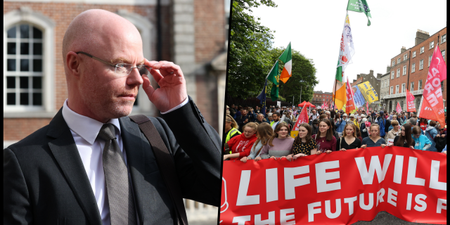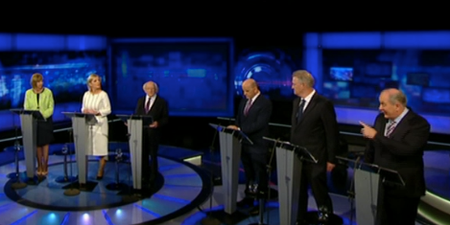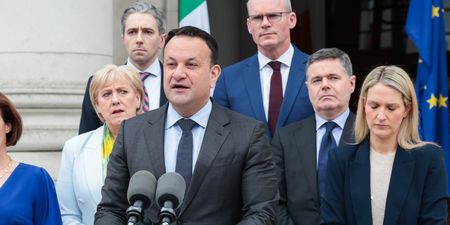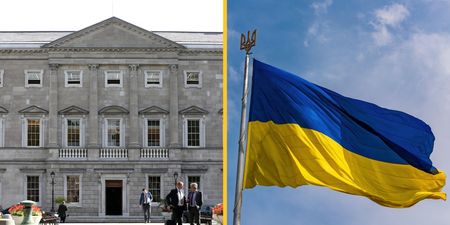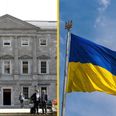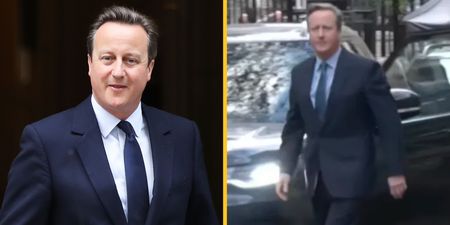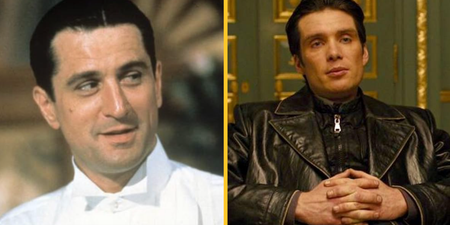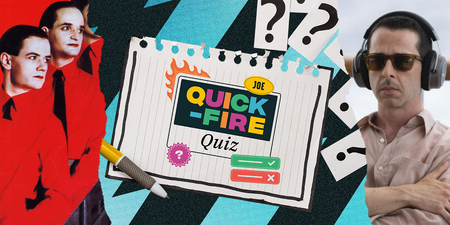By May 26, Ireland should know the results of the referendum on the Eighth Amendment.
But the fight won’t necessarily end there. Irish citizens are entitled to petition the High Court within seven days of the outcome to set aside the result of the referendum.
In Irish history, no referendum result has ever been successfully challenged — but this doesn’t stop litigants from petitioning the court to hear them out, and it’s entirely possible that there will be legal challenges brought against the result of the upcoming vote.
So what would it take for a successful challenge to be brought?
Speaking to JOE, Oran Doyle, Head of the Law School at Trinity College Dublin, outlines one possible scenario: “Say the margin was 20,000 and they knew that 50,000 votes had disappeared somewhere between being cast and being counted, that would be a clear-cut case where you’d say there’s a real doubt here, but short of something like that, it’s hard to see the courts declaring a result to be invalid.”
Doyle’s colleague David Kenny, an Assistant Professor of Law at Trinity College, agrees.
“I certainly think it’s unlikely that you could mount a successful challenge, but people will be entitled to bring challenges for various reasons.”
“You can still have challenges, and it can take some time, even if there is no particularly good argument to be made against the referendum process,” Kenny says. “So in the event that the referendum passes, it’s entirely possible that someone will choose to challenge it, even if there’s no particularly good argument for that.”
There have been examples in the past of challenges where the argument has been especially weak. Where there is a less credible issue, the courts typically hear the argument but then refuse leave for the full case.
Doyle remembers that one litigant tried to challenge the results of 2015’s Marriage Equality referendum on the basis that it was “against the will of God”.
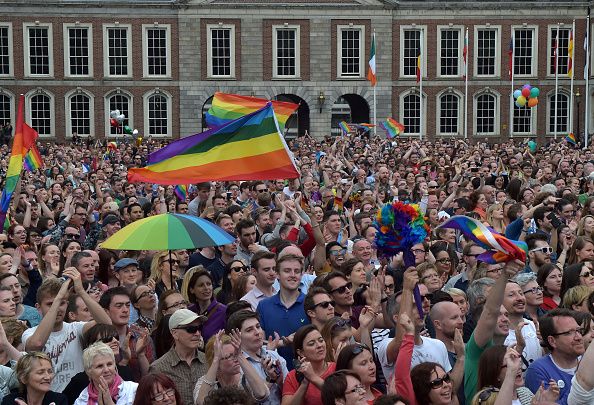
Kenny tells us that there have been two such cases heard by the High Court in recent Irish history. One after the Divorce referendum in 1995, and another after the Children’s referendum in 2012, respectively. Both cases involved the argument that the government had improperly spent public money to support its own argument.
“Both failed,” he notes.
Despite the steep uphill nature of a challenging a referendum result, talk that Friday’s outcome might be challenged has not gone away.
Save the 8th Communications Director John McGuirk had argued in the wake of Facebook and Google’s referendum ad ban, that it is “significantly more likely individuals will challenge the result”.
Doyle shakes his head at the claim.
“It seems unlikely,” he says.
“There are all sorts of restrictions on political advertising; you can’t have ads on the radio or on TV for political purposes. We know how important Facebook and Google are but it’s basically a private company deciding that it doesn’t want to carry particular ads.
“It’s not constitutionally wrong. They’re not subject to the constitution. They’re not the state. It’s hard to say that there’s any constitutional wrongdoing there that could even ground a claim, to make it sound plausible on its face… I don’t think it could be an alleged wrong by a private actor.”
But even if a litigant could convince the court to hear their argument in full, the task of successfully proving that the results of the referendum should be set aside remains a daunting one.
“You’d have this really difficult job of trying to show that people would have voted differently had they been exposed to ads of a particular type. That’s just exceptionally difficult to prove,” Doyle says.
“It’s a secret ballot, so you can’t ask anybody how they voted in court, because they have a constitutional right to keep secret how they voted.”
Kenny’s description of the threshold makes it sound just as insurmountable.
“You have to argue that there was an obstruction or interference with the referendum process or that it violated the rules of the Referendum Act, so you have to say that something happened that fundamentally interfered with the conduct of the referendum,” he says.
“If you can’t give that evidence then the court won’t hear the full case.”
Proceeding with caution, Kenny tells us what steps would be taken in the unlikely event that someone successfully argued against the results of a referendum.
“The reason the courts are very reluctant to interfere in a case like this is because, presumably, the result is to quash and set aside the result of the referendum, with the possibility it could be cured by a recount.
“Failing that, the court won’t certify the referendum, so the change would never go into effect. Obviously, this has never happened so we don’t have experience, but that’s what the legal regime seems to suggest, so, I think the answer is, yes, the referendum result would be set aside… but that is why the standard is so high. The courts won’t lightly take the step of setting aside the popular vote.”
Perhaps the only thing that could stand to help a legal challenge to Friday’s referendum result is the close nature of the vote. Few would bet the house on either outcome at the moment, and Kenny notes that the tighter the margin, the easier it is to challenge the outcome.
“How much the referendum is won or lost by; that can be relevant. Only if the margin is very close can a challenge like this be possible. You have to be able to show that minds could have been changed,” he says.
But leaving hypotheticals to one side, the view of constitutional experts remains dim when it comes to the prospect of any challenge to the Eighth Referendum actually going anywhere.
“I wouldn’t say it’s absolutely impossible,” Doyle concludes.
“But it’s getting towards impossibility.”
LISTEN: You Must Be Jokin’ with Conor Sketches | Tiger Woods loves Ger Loughnane and cosplaying as Charles LeClerc
